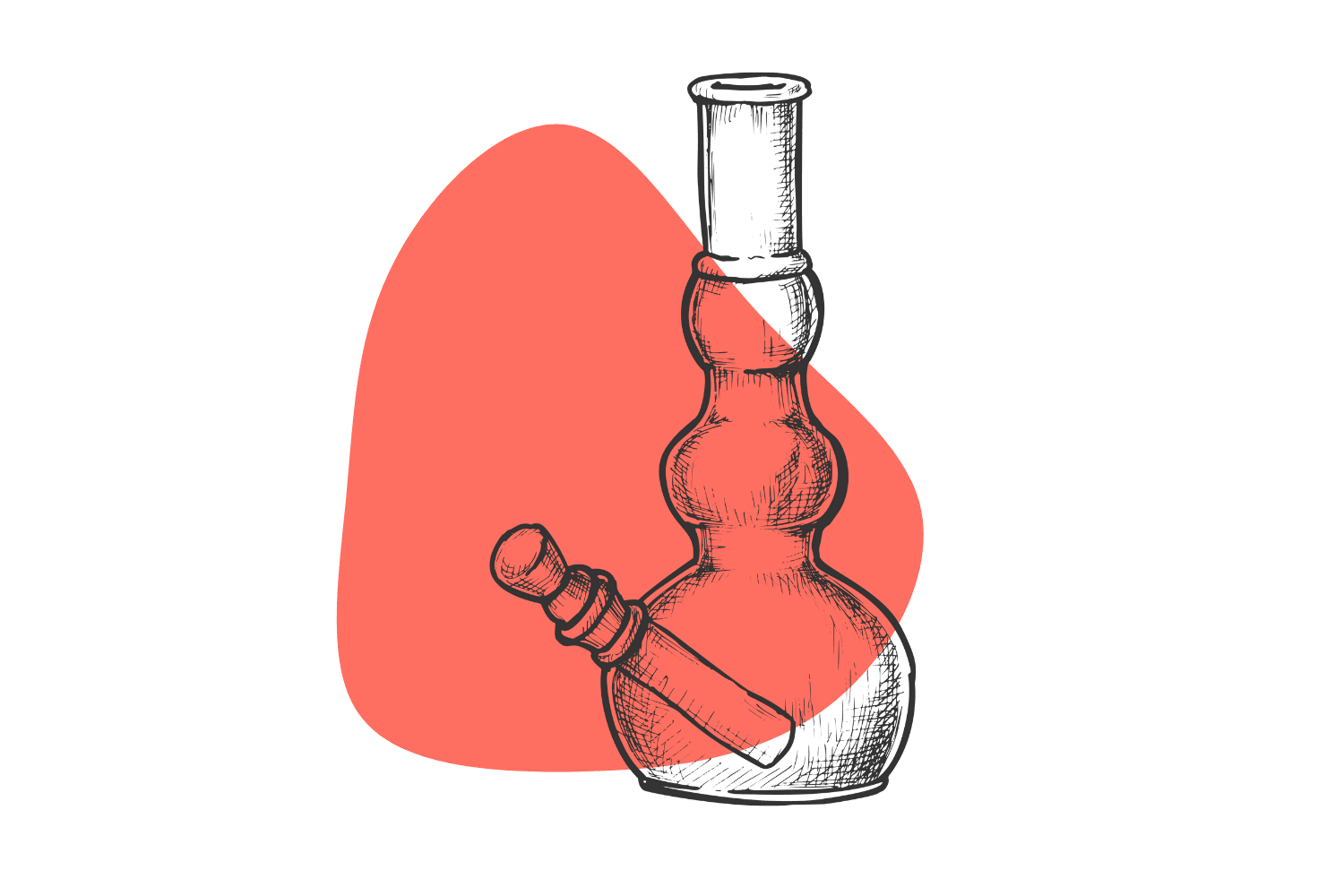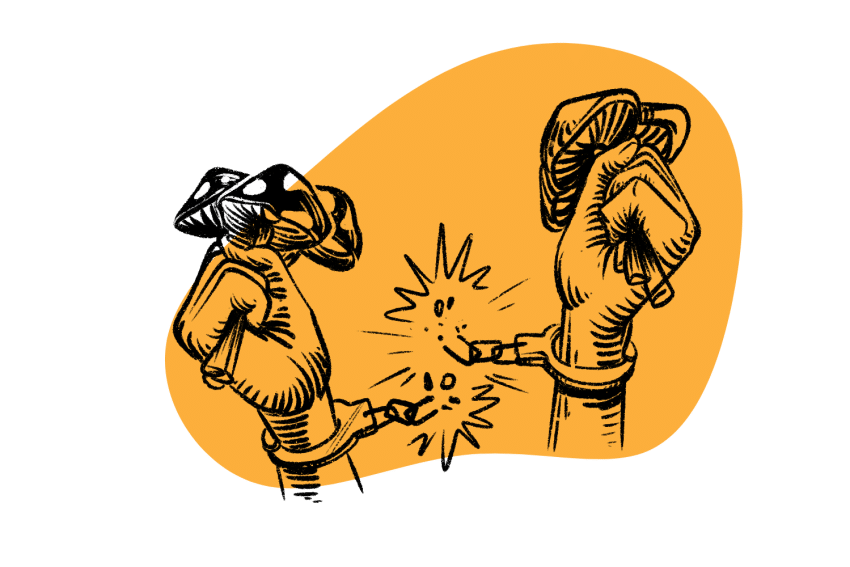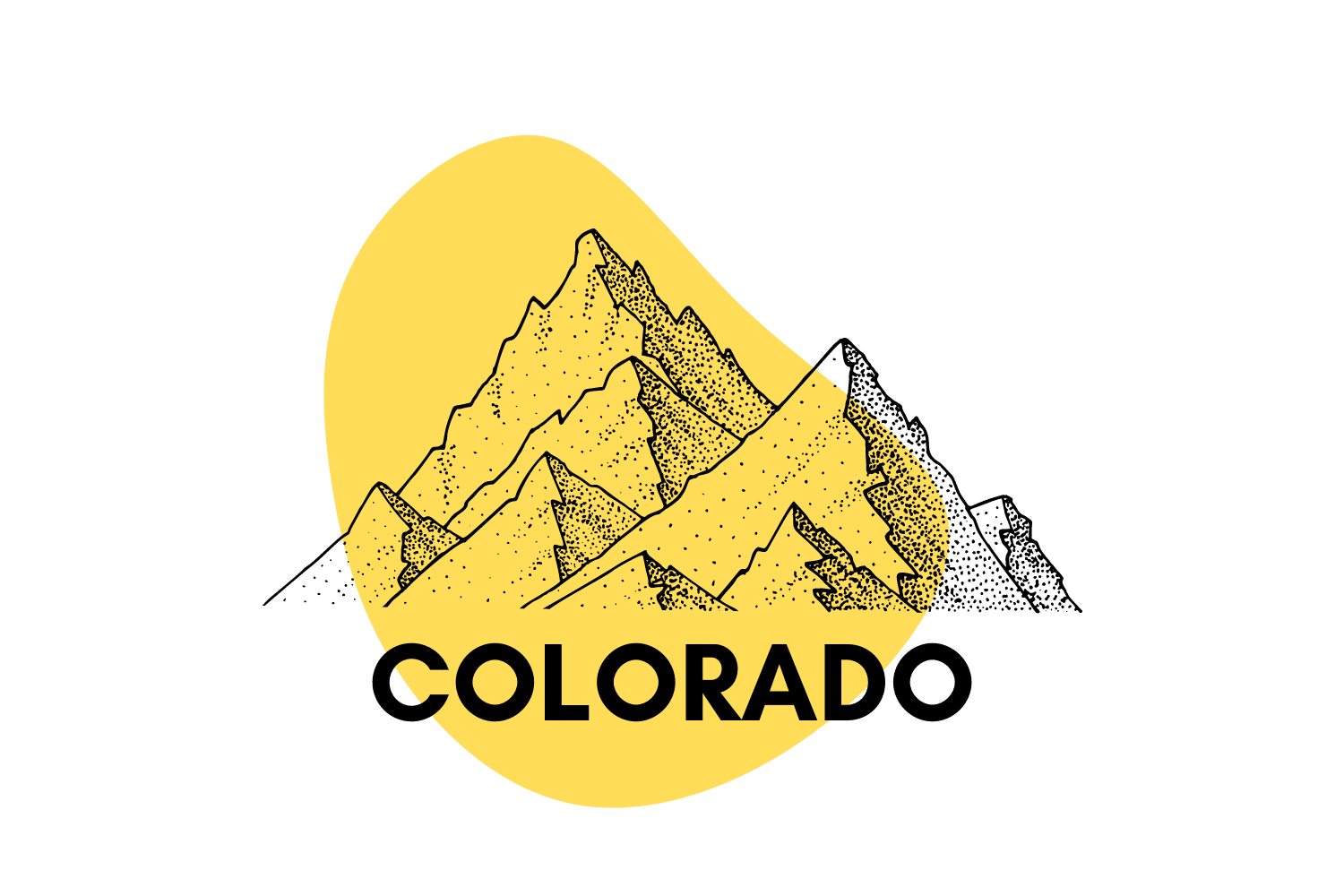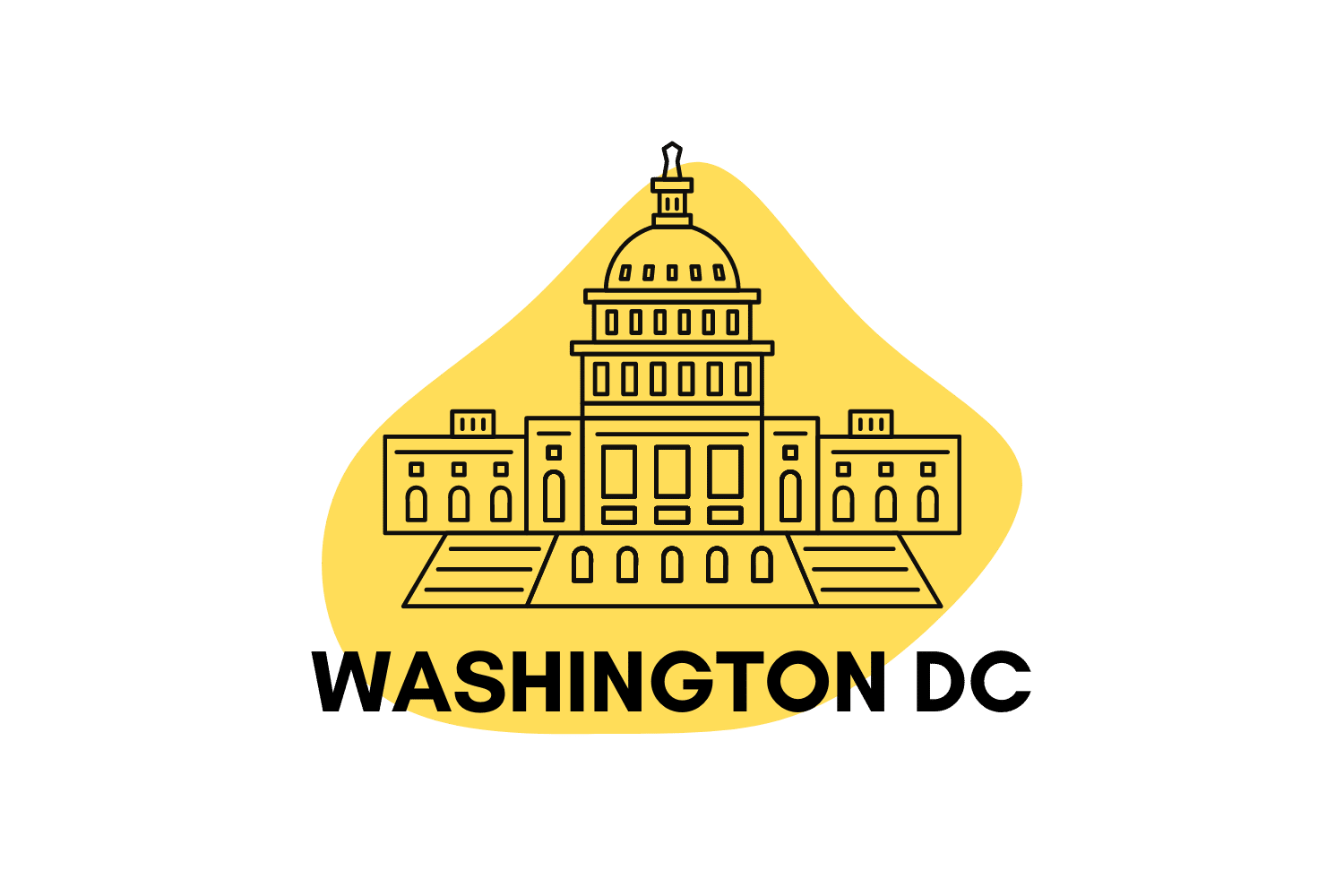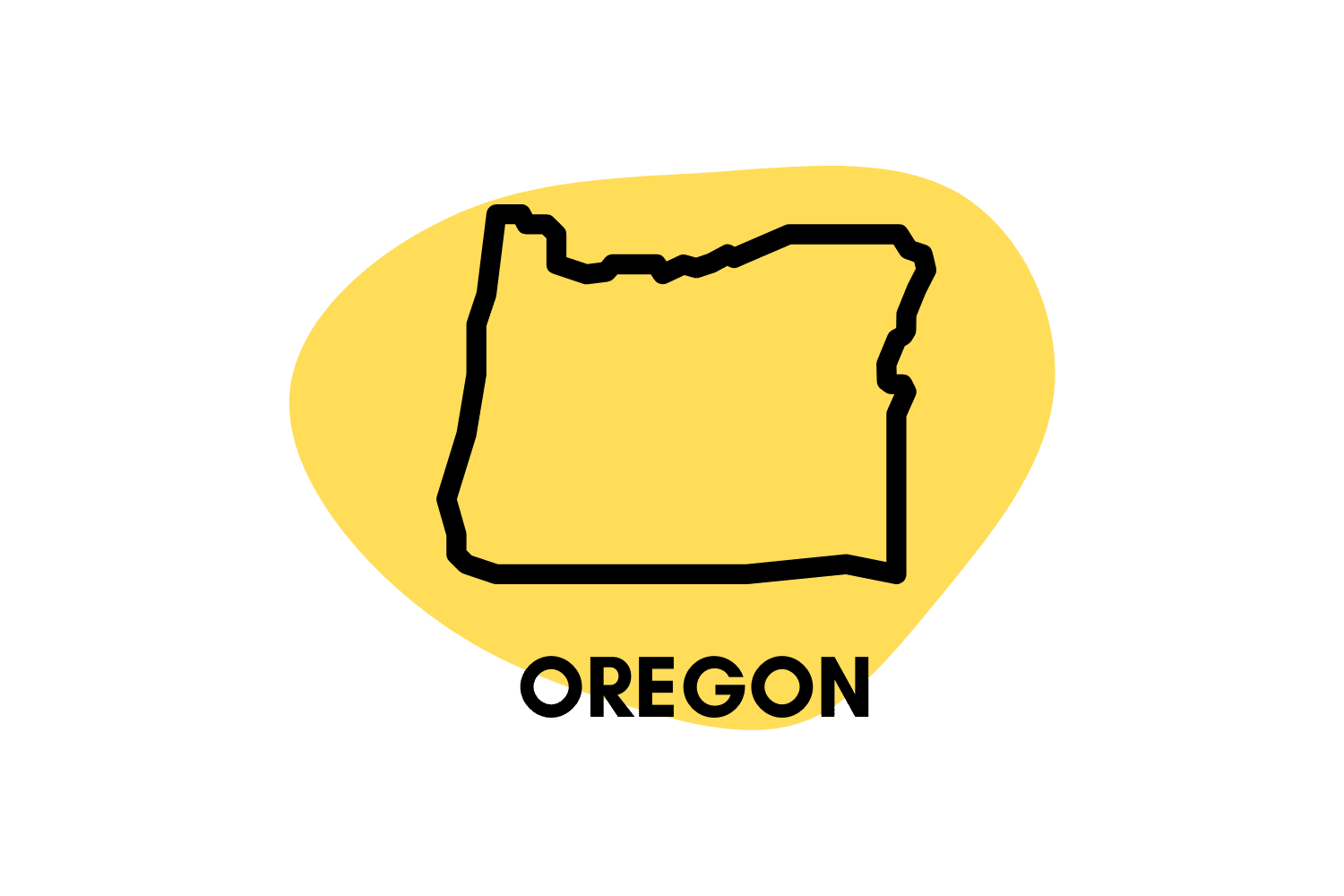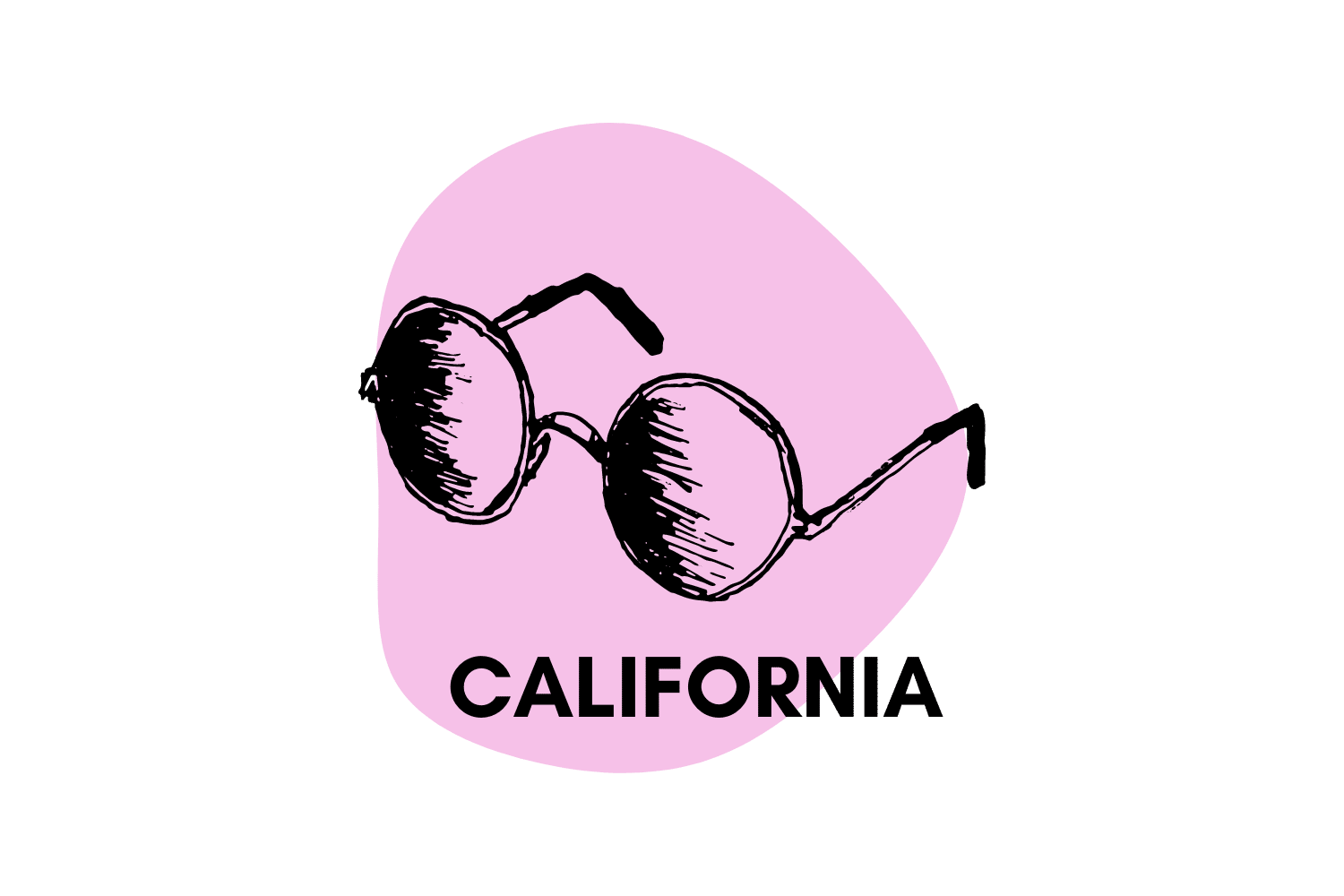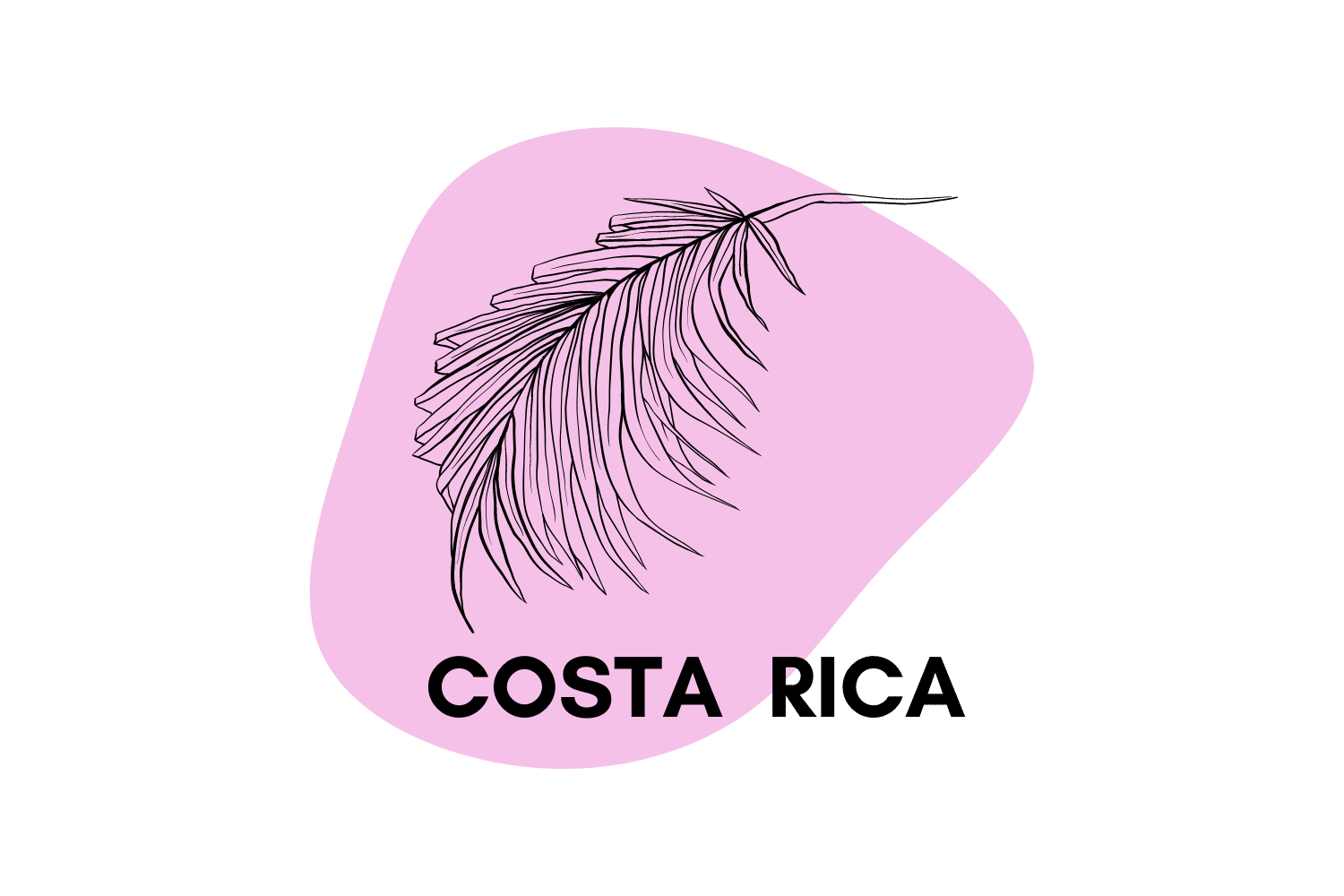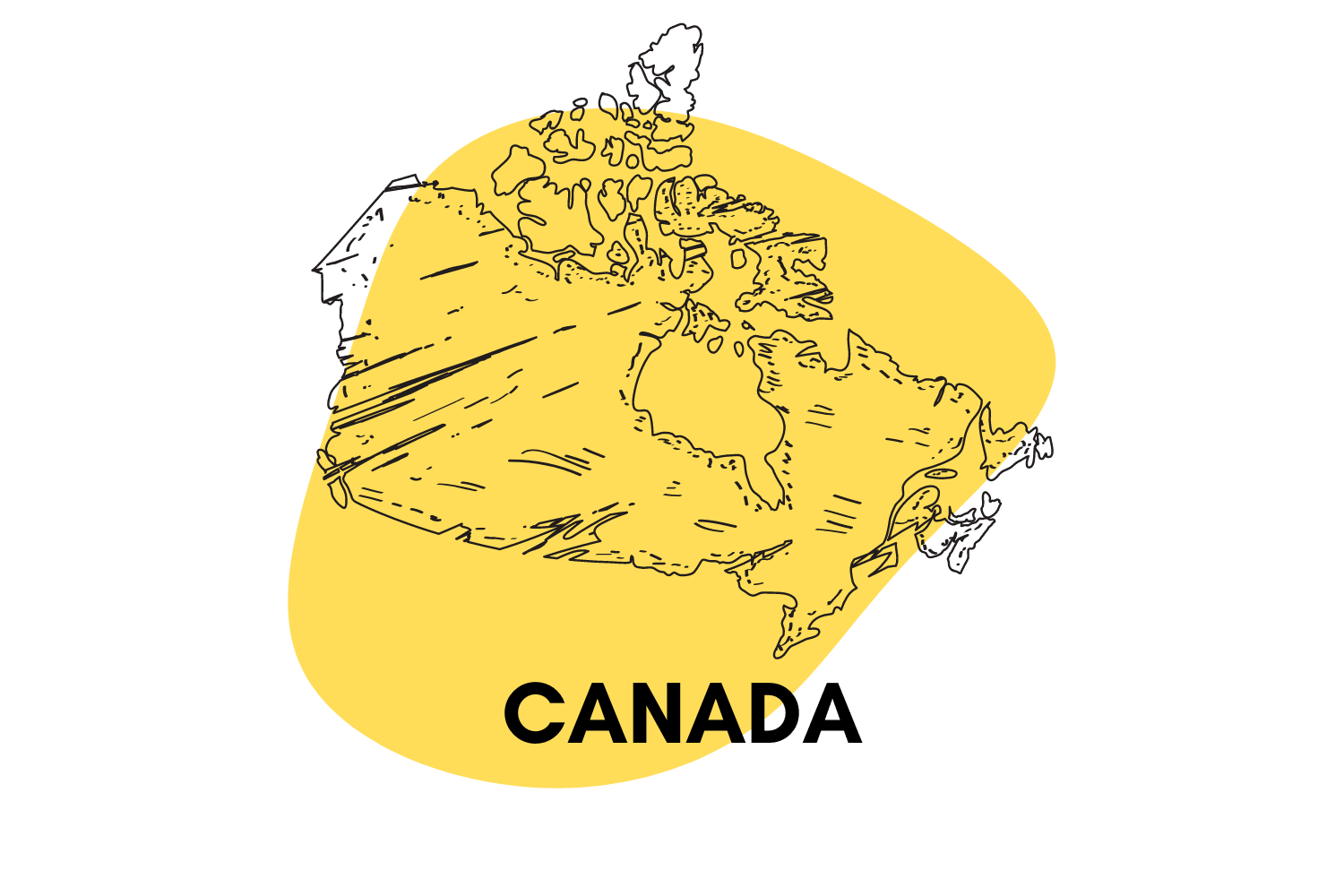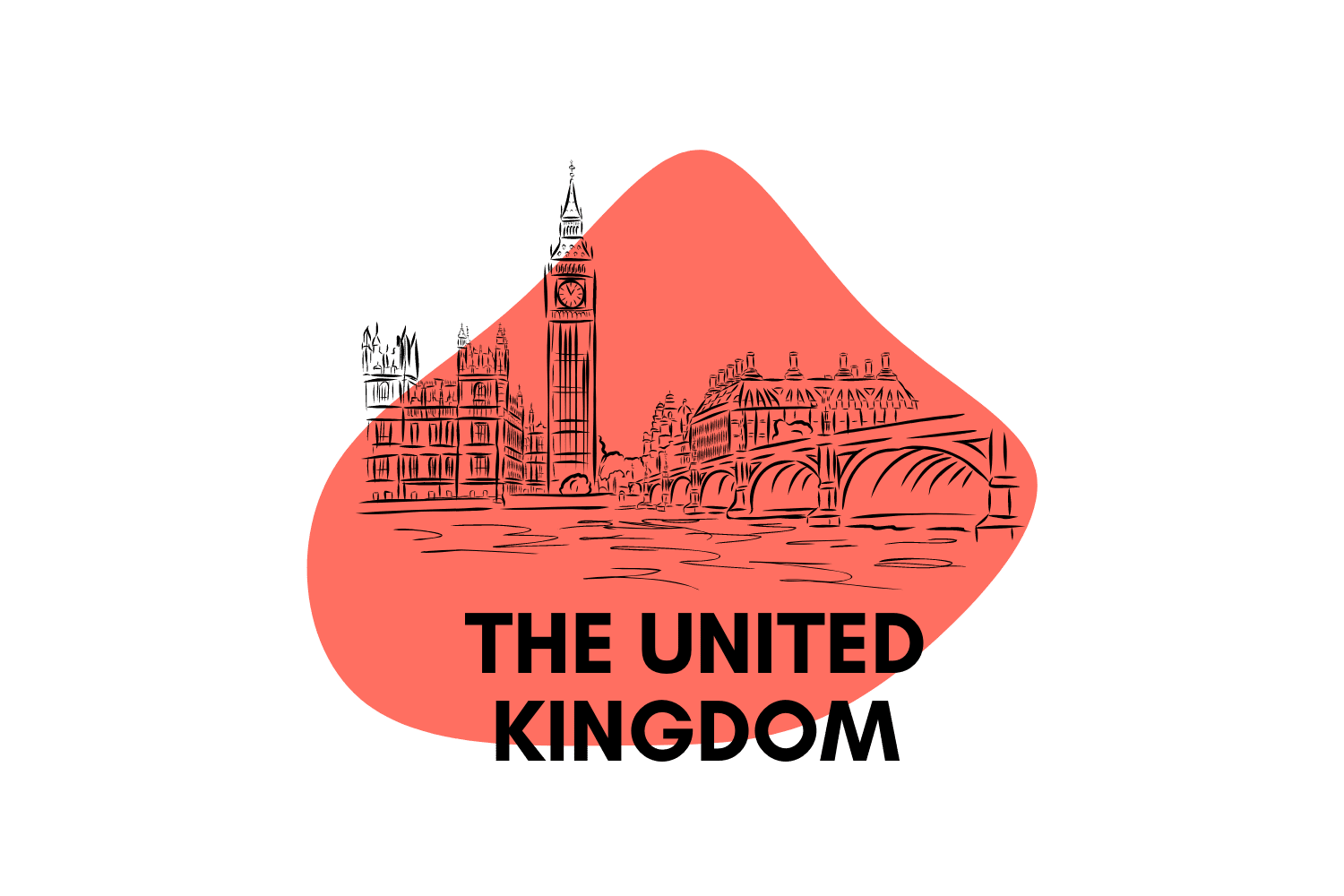Psychedelic Drug Laws in Bolivia
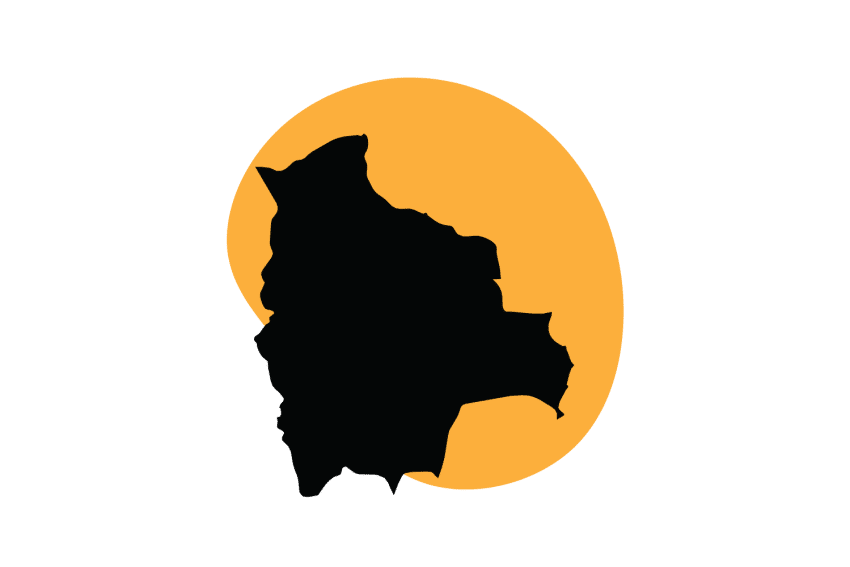
Psilocybin — the principal component of magic mushrooms — is famous for its hallucinogenic effects. However, in recent years it has been discovered that it can also promote many therapeutic benefits.
Unfortunately, its recreational and medicinal use is punishable in most parts of the world, including Bolivia.
Below, you will learn all about the legality of this and other psychedelics — DMT, LSD, MDMA, and ketamine — in this country. In addition, we will show you how these substances help treat different disorders.
Summary of Psychedelic Drug Laws in Bolivia
- Psychedelics are illegal in Bolivia
- You can find three species of magic mushrooms growing in the wild here, mainly in mountainous areas
- Marijuana is still illegal, both for medicinal and recreational use
- You’ll face time in rehab for possessing small amounts of a controlled substance
- Anything more than what’s needed for immediate personal use is considered trafficking and brings a penalty of 10-25 years in prison
Are Magic Mushrooms Legal in Bolivia?
No, magic mushrooms are not legal in Bolivia.
The Bolivian Coca and Controlled Substances Regime Act (1008) places psilocybin in Schedule I, which means they consider it a dangerous compound.
Penalties for possession depend on the amount you are caught with. Authorities may place you in a rehabilitation facility for low amounts (personal and immediate use), but they charge you with drug trafficking for larger ones.
According to article 48, the penalties for trafficking range from 10 to 25 years of imprisonment, depending on the exact amount.
Furthermore, if you are a foreigner without permanent residence in the country, you will be subject to the residency law and heavy fines.
Although Bolivian law considers psilocybin dangerous, recent studies have shown that it has impressive therapeutic potential. Reputable institutions like Johns Hopkins Medicine determined that this psychedelic can help treat many disorders and should be reclassified.
Related: Magic Mushrooms 101.
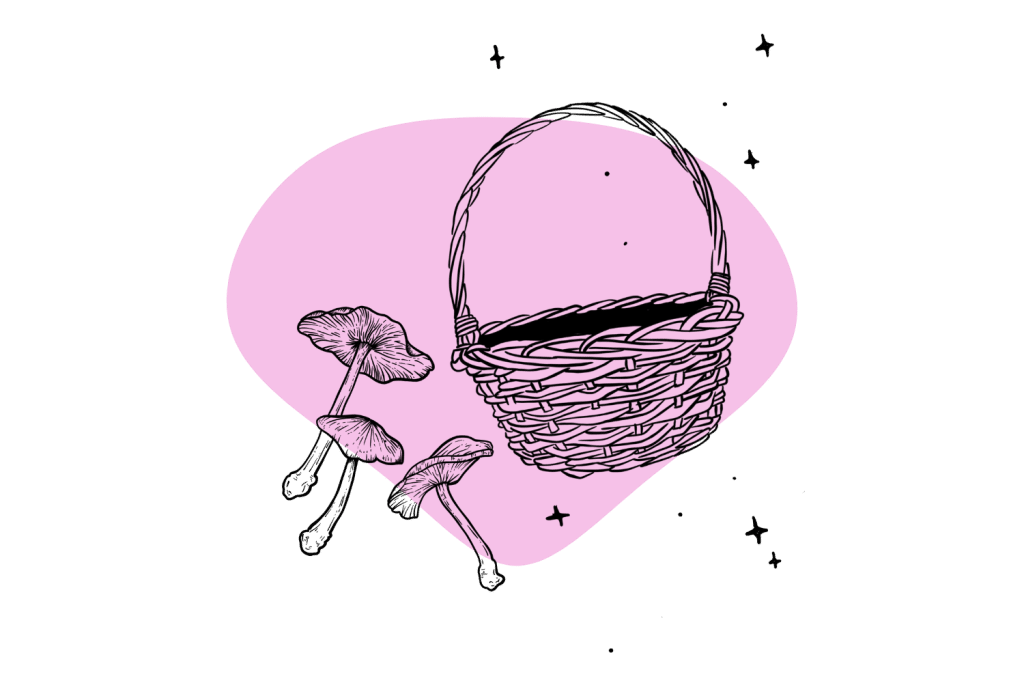
Where to Buy Magic Mushroom Spores in Bolivia
Magic mushroom spores are technically legal in Bolivia, as they do not possess psilocybin. Therefore, you’ll probably find several vendors offering them.
However, keep in mind that growing magic mushrooms is illegal. According to article 46, cultivating any raw vegetal material that develops a controlled substance is punishable by one to two years in prison.
Do Magic Mushrooms Grow Wild in Bolivia?
Yes, magic mushrooms grow in the wild throughout Bolivia.
Magic mushrooms grow naturally all over the world, except in Antarctica. You can find several species of psychedelic fungi in Bolivia, from the most common to the rarest. This section will tell you where to find three of the most common ones.
However, it is worth mentioning that looking for them in the wild is dangerous since you can confuse them with poisonous mushrooms.
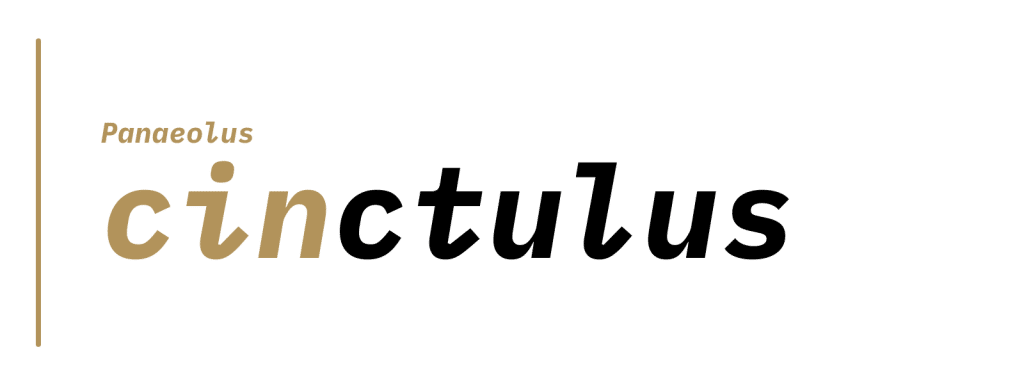
Panaeolus cinctulus
This species grows mainly in mountainous areas in mesophyll forests.
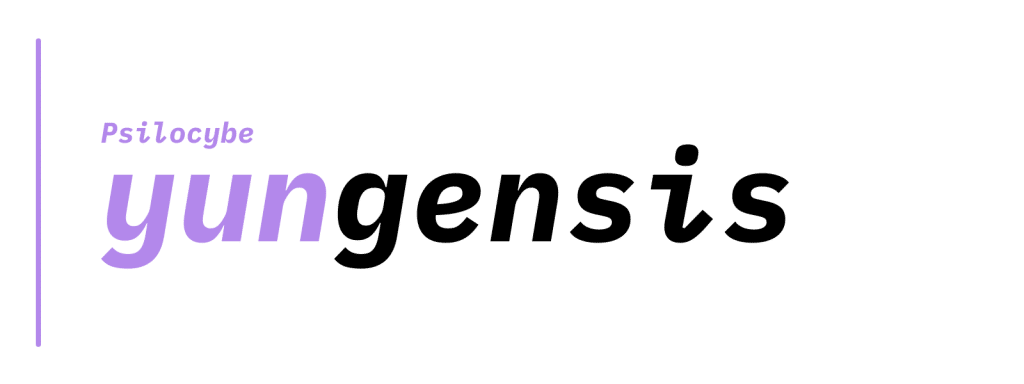
Psilocybe yungensis
Generally, this species grows in groups, in forests on rotten wood, but rarely in humus. You can find it near coffee plantations in subtropical zones.
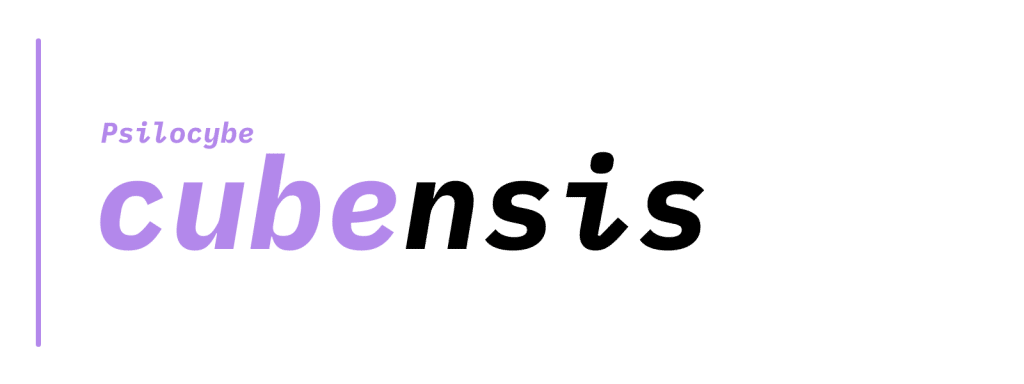
Psilocybe cubensis
This is one of the most common species worldwide. It grows naturally in rural areas after heavy rains, usually on farm animal manure.
What Are the Medicinal Uses of Shrooms?
In recent years, there has been a strong push for the legalization of psychedelics for therapeutic use in Europe and North America. Canada has already legalized MDMA and magic mushroom-assisted therapy, and many other countries seem to be headed that way too.
Recent research claims that psilocybin and other psychedelics can help treat various disorders.
Psilocybin has shown promise in supporting the following conditions:
- Depression: Many people report that psilocybin helps to calm symptoms of depression, like anxiety or stress, even after a single session [1].
- Post Traumatic Stress Disorder (PTSD): Studies show that psilocybin and other psychedelics — such as MDMA, LSD, ketamine, and DMT — help treat PTSD [2].
- Existential Anxiety: This disorder is common in people who know they are close to death, such as the elderly or terminally ill. Psilocybin is effective at helping individuals overcome the fear, depression, and anxiety associated with death.
- Cluster Headaches: Psilocybin has proven to be the best psychedelic to treat these pains. However, other substances, such as LSD, have also been shown to be effective, although to a lesser extent [3].
- Addiction: Psilocybin, along with LSD and DMT, are excellent psychedelics for treating addictions, especially in combination with other forms of therapy.
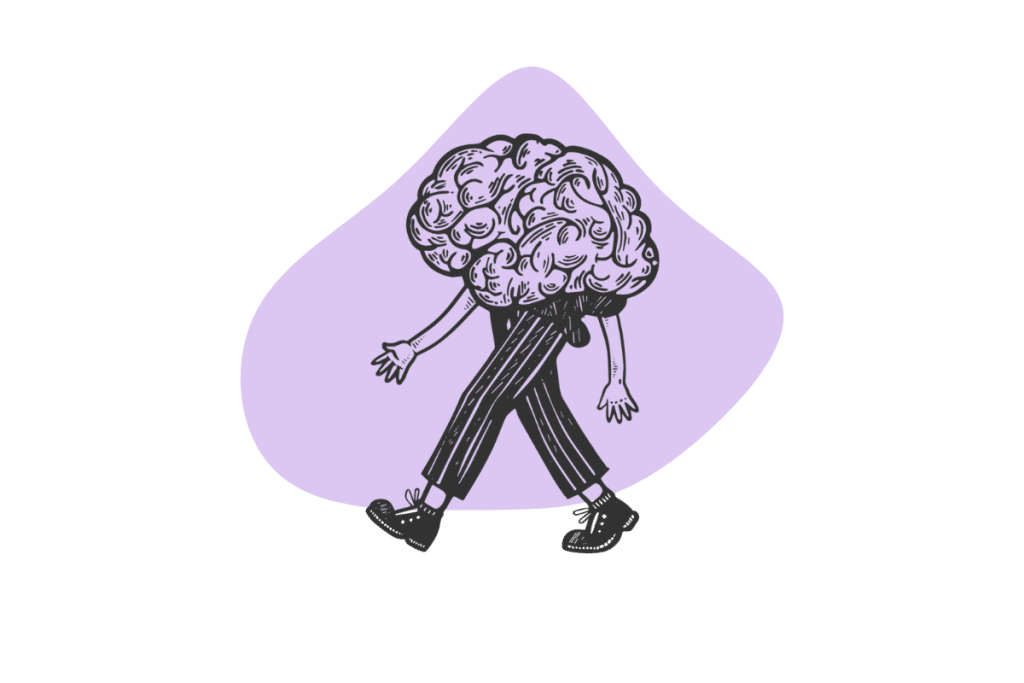
Is LSD Legal in Bolivia?
No, LSD is illegal in Bolivia.
LSD (lysergic acid diethylamide) is another of the most effective substances for treating various disorders. Still, Bolivian law considers it a Schedule I controlled substance.
If the police catch you with small amounts, they can put you in a rehabilitation center. For larger quantities, you may be sentenced to a term of imprisonment ranging from 10 to 25 years.
Is DMT Legal in Bolivia?
No, DMT is not legal in Bolivia.
Like LSD, this substance is also considered a Schedule I controlled substance, and Bolivian law harshly penalizes its possession.
However, the law does not mention the legality of ayahuasca or its smokable form changa. Interestingly, you can freely access ayahuasca in local tourist sites such as Pisatahua — an ecological and sacred lodging.
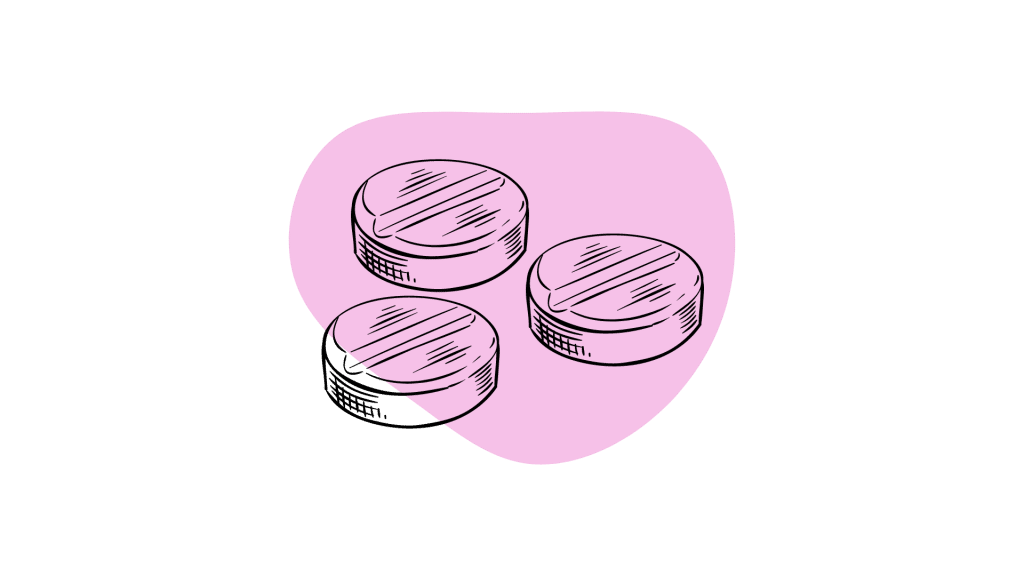
Is MDMA Legal in Bolivia?
No, MDMA is not legal in Bolivia.
Although famous mainly for being present at many parties, MDMA, or ecstasy, also has numerous therapeutic benefits. Countries like Canada have legalized MDMA-assisted therapy and obtained excellent results from it.
However, it is illegal in most of the world, including Bolivia. According to article 48, if the police catch you with minimal amounts, you can be placed in a rehabilitation institute. For larger quantities, you could be imprisoned for up to 25 years, depending on the amount.
Is Ketamine Legal in Bolivia?
No, ketamine is probably illegal in Bolivia.
Ketamine has been effective in treating disorders such as PTSD. In many countries — including Bolivia — the substance is not listed in any schedule.
Still, if the police catch you with this psychedelic, you will likely face the same penalties as you would with any other Schedule I controlled substance.
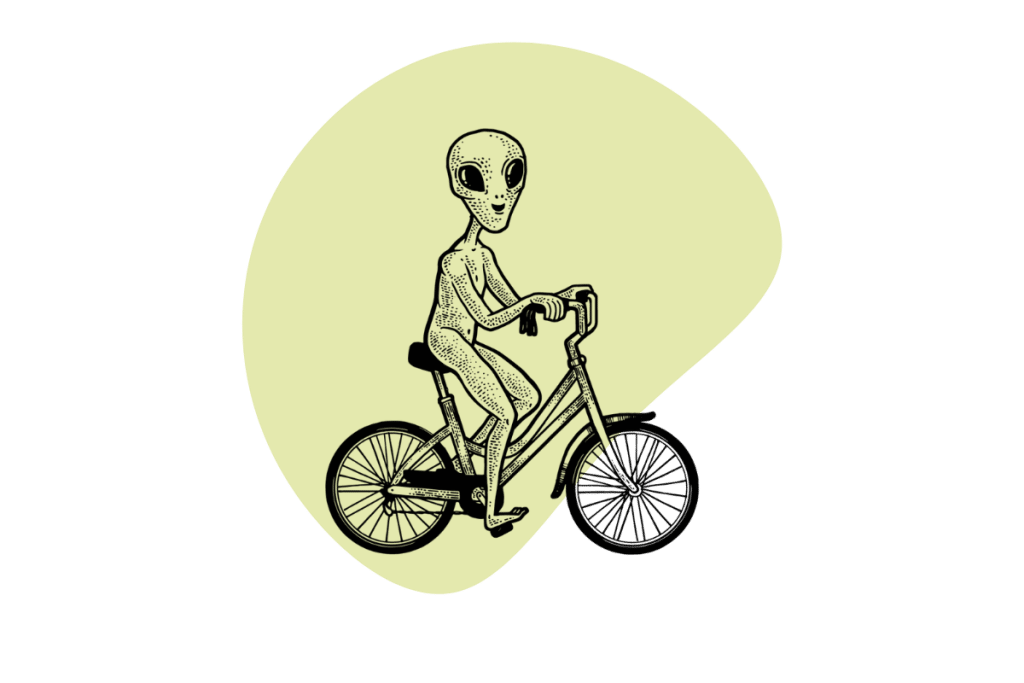
Is Marijuana Legal in Bolivia?
Cannabis is illegal in Bolivia, both for medicinal and recreational use.
Unfortunately, the Bolivian law considers all components and derivatives of cannabis, including delta 8, delta 9, and delta 10 THC, as dangerous Schedule I controlled substances.
You’ll be sent to a rehabilitation institute if you are caught carrying small amounts. Furthermore, should the police catch you carrying large quantities, you could be imprisoned for up to 25 years.
However, there are exceptional cases in which Bolivia allows its medical use. For example, in 2020, a mother of a girl with cerebral palsy started a process so that the authorities would allow them to import medical cannabis.
Fortunately, the State Agency of Medicines (AGEMED) authorized the use of cannabis oil for three months to treat the child.
What’s the Difference Between Legalization & Decriminalization?
Decriminalization and legalization may sound similar, but they are very different. Understanding these differences is vital if you want to avoid problems with the law, especially if you are a tourist.
When a country or state decriminalizes a substance, penalties are reduced, though this doesn’t mean it is now legal. Penalties can range from confiscation to a small fine.
On the other hand, legalization turns a substance legal, effectively eliminating all penalties and placing it in a regulated industry. Consequently, legalization reduces the concentration of contaminated products and the prevalence of black markets.
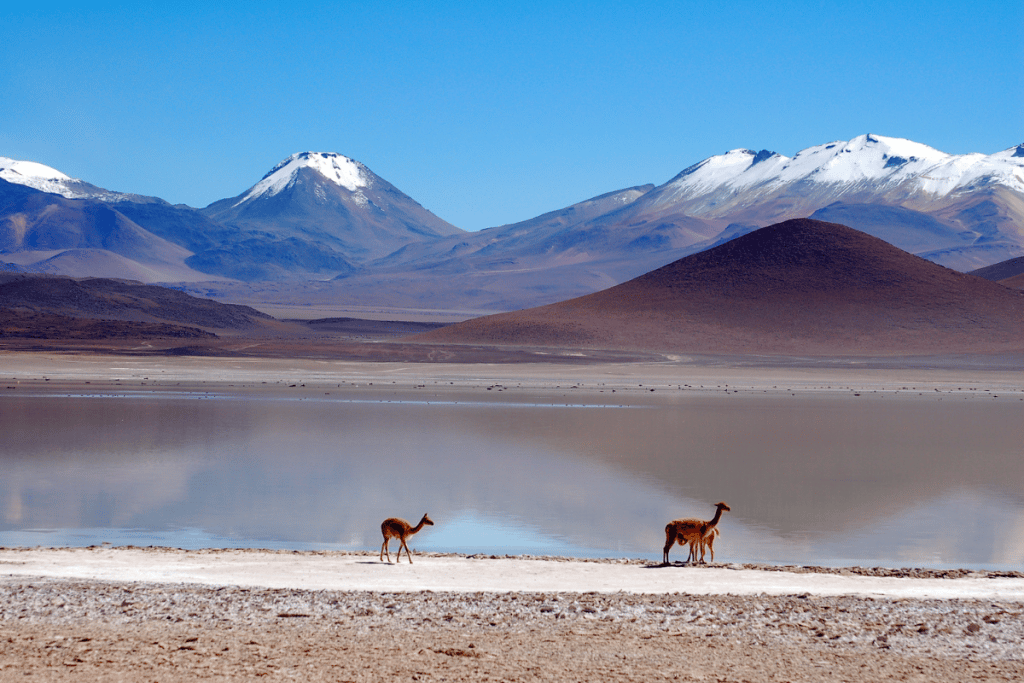
Key Takeaways: What’s the Future of Psychedelics in Bolivia?
Unfortunately, Bolivia harshly penalizes psychedelic use. Also, at the moment, legislators are not interested in modifying the country’s laws. However, they may soon be influenced by the current trend of cannabis and psychedelic legalization worldwide.
In addition, there is increasing scientific evidence supporting the therapeutic use of psychedelics, making us think that they will be legalized sooner or later.
References
- Griffiths, R. R., Johnson, M. W., Carducci, M. A., Umbricht, A., Richards, W. A., Richards, B. D., … & Klinedinst, M. A. (2016). Psilocybin produces substantial and sustained decreases in depression and anxiety in patients with life-threatening cancer: A randomized double-blind trial. Journal of psychopharmacology, 30(12), 1181-1197.
- Krediet, E., Bostoen, T., Breeksema, J., van Schagen, A., Passie, T., & Vermetten, E. (2020). Reviewing the potential of psychedelics for the treatment of PTSD. International Journal of Neuropsychopharmacology, 23(6), 385-400.
- Sewell, R. A., Halpern, J. H., & Pope, H. G. (2006). Response of cluster headache to psilocybin and LSD. Neurology, 66(12), 1920-1922.

